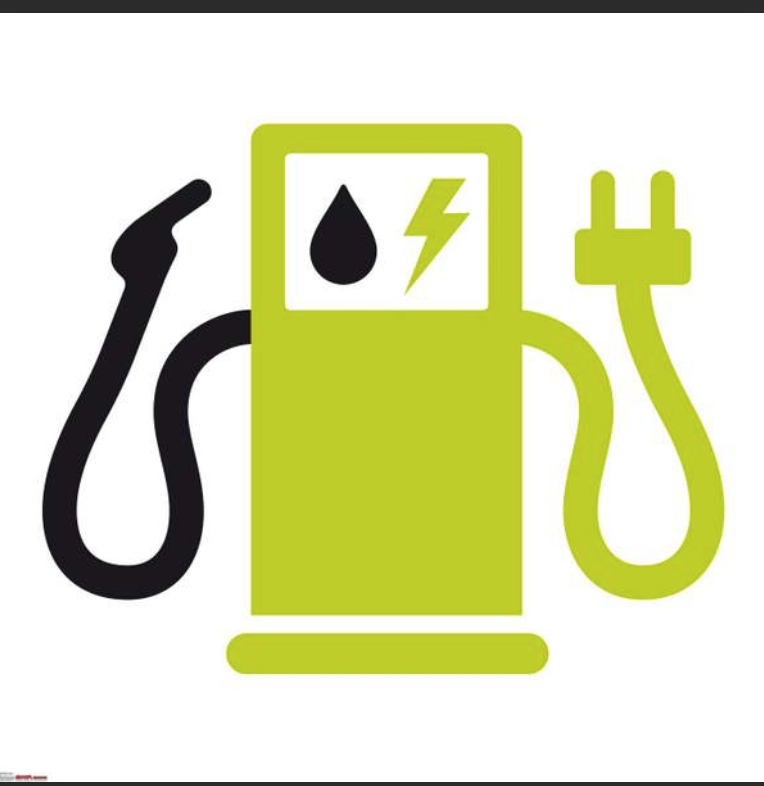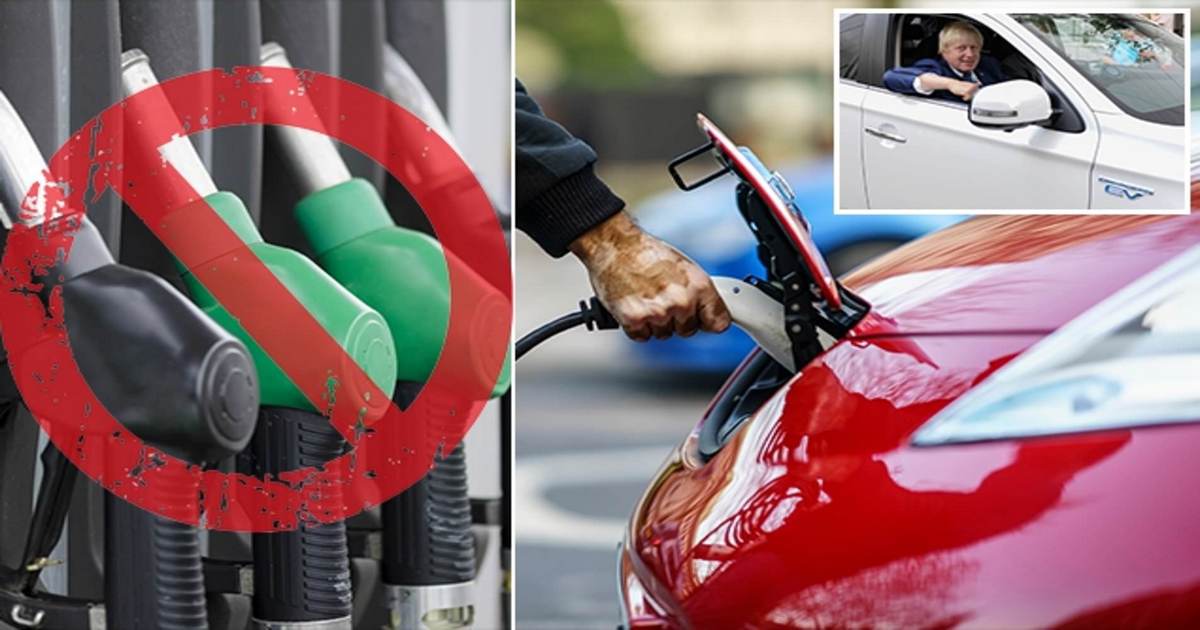First published 2020
7th February 2020

This week the UK Government announced it will ban the sale on new petrol, diesel and hybrid cars by 2035, a full 5 years before its original plan. So, what does this mean for the average motorist?
Firstly, we must look at the cost of these new cars we are now expected to buy along with considering the your old car and what would it be worth if you try to part exchange or sell it.
Your old petrol, diesel or hybrid car will be worth next to nothing when you part exchange or resell it as no one will want it as these types of car will be banned.
What prices are some of the Cheapest to mid-range EV cars?
Smart EQ Fortwo
£20,000 – 24,425 with a range of 70 miles
And for cars with a longer range of 100 miles to 250 miles
Renault Zoe
£29,179 – £32,870 with a range of 200 miles
Kia e-Niro
£36,495 with a range of250 miles
Or
Audi e-Tron
Entry level £59,900 with a range of 204 miles

With these prices the UK motoring public are expected to shell out thousands of pounds for a new EV car that they can least afford, and that will not get most people to their destination in a timel and costly effective manner.
We will look at a journey that someone on holidays may wish to take and how they will be affected by the Government’s decision to force them into an all-electric (EV) cars.

Journey, Paris – Madrid total distance 790 miles with an estimated travel time of 12hrs 40mins
Before we can make this journey, we must understand that this journey in an average diesel car with an average range of 500 miles would require the car to be refuelled twice. Once at the beginning and then part way along the journey with an average price for diesel of £1.35 per litre with 55 litre tank. This would cost £74.25 and then to top up for the last 290 mile approximately £31 a total of £105.25 for the total journey, taking in to account for a 30 minute stop for refuelling, this journey would approximately take just over 13 hours
Got that? Total cost £105.25 and total journey time 13 hours.
Now the same journey with an all-electric (EV) car.
Using the Audi e-Tron with a range of 204 miles and a 95kwh battery, and a recharge time of 10 hours at 220v.
This means the car will require charging every 160 miles for 10 hours (80Kwh) and will require the car to be recharged 5 times to cover the distance, this will add 50 hours to the journey of 790 miles. This makes this journey 50 hours of charge time + 12 hour and 40 minutes for the journey so a total journey time of 62 hours 40 minutes.
Yes that’s 62 hours 40 minutes, but the cost must be much, less right? Well the Government tell you that EV cars are the future and the running cost are much cheaper.
But that’s not true
This year the cost of charging has just gone up by 500% in Europe to 0.79 cent per Kwh.

To fill up this car with 80 Kwh of power at 0.79 Cents would cost 64 euros remembering that the average mileage will never be the theoretical 204 miles that the manufacturer states, so taking what could be an expected milage being approx 160 miles this would cost 320 euros to complete the journey.
Got that? So the exact same journey will now cost Euro 320 (vs £105 for a diesel car) and the journey time will be 62 hours (versus 13 hours for a diesel car)
So, is the future of EV cars what we really want with more cost for the cars and more cost for the fuel?
The future is not EV cars if you want the freedom that we have enjoyed since the start of the industrial revolution. Journeys we now take for granted will no longer be affordable or practical. Our world will shrink.
The cost of having to invest in a new EV car will be above most people’s budgets and therefore not possible. The second-hand market for petrol/Diesel and even Hybrid car will be flat or even non existent and again not practical if the future is EV. The high cost of the EV cars is also accompanied with the high cost of recharging being even more than for petrol or diesel again taking owning an EV car out of the range of the average motorist.
Another factor that I have not spoken about is the infrastructure that would be required to charge the millions of new EV cars, an infrastructure that is not available and with no plans to make it available. Millions of people don’t have a driveway to park their new EV car on. Many people live in terrace rows or high rise flats – where will these people charge their shiny new EV car?
Now before someone suggests that well that with tht sort of journey you would fly right? Let’s not, forget the Climate Alarmist want to stop plane travel altogether in a call to “save the planet”
Is the future EV?
You make up your own mind but for me as an owner of a Hybrid car that will be banned in 2035 for new sales, I say NO. We are not moving forward but backwards – back to a time where only the rich will be able to afford a new EV car and the running cost to go along with it. Back-wards to the Future seems to fit very well here.




































